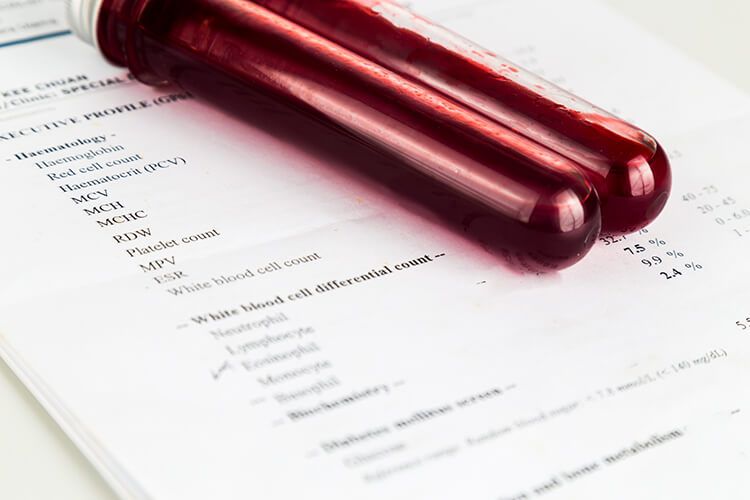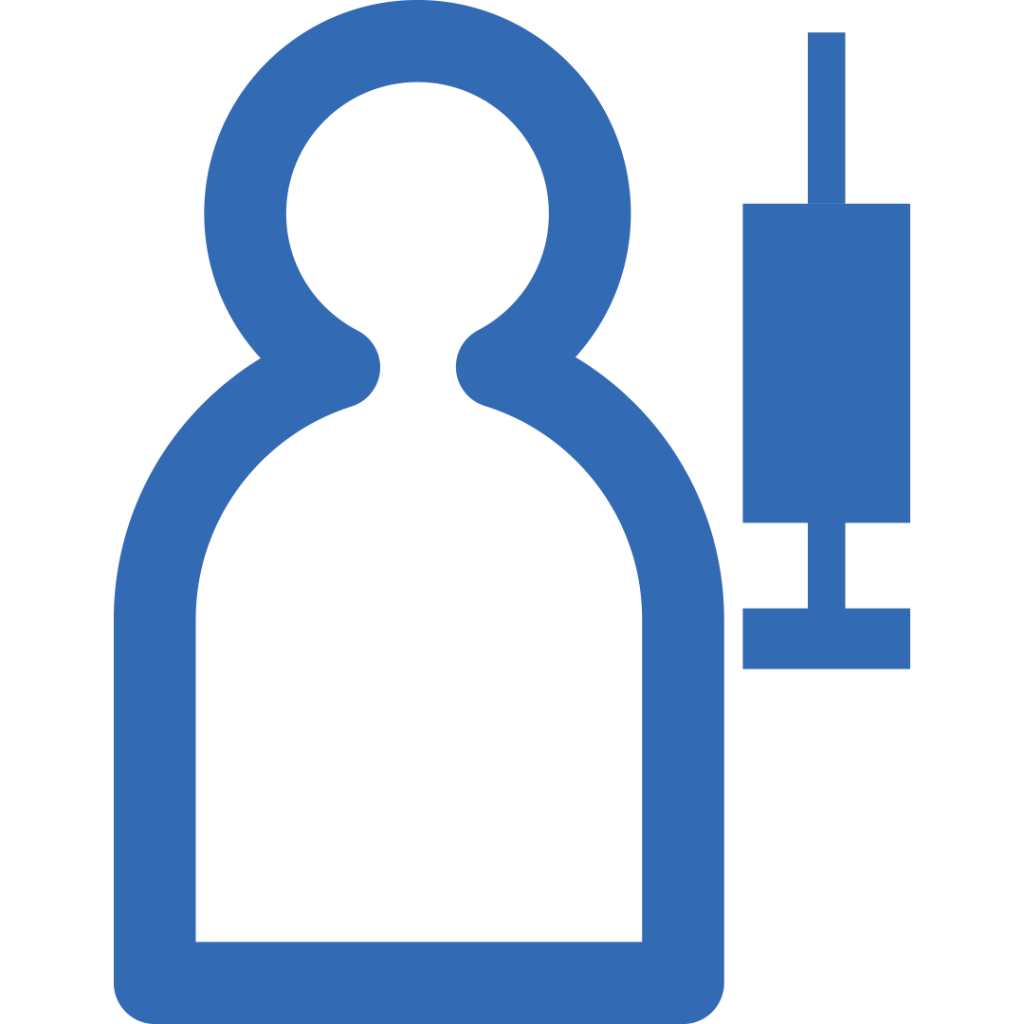
What is a complete blood count?
A complete blood count (CBC) is a series of lab tests that analyze quantitatively and morphologically the complete spectrum of cells found in the blood.
It is a very important diagnostic test that provides useful information for the patient’s overall state of health.
CBC is widely used in routine health examination (check-up), preoperative evaluation, and evaluation of symptoms of anemia or infections.
Furthermore, it is used to monitor the progression of various diseases or possible side effects due to acute or chronic drug use.
What does a complete blood count include?
A complete blood count includes the examination of the following parameters:
- The number and the morphology of white blood cells and their subpopulations (Polymorphonuclear leukocytes, Lymphocytes, Mononuclear leukocytes, Eosinophils, Basophils)
- The number and morphology of red blood cells
- The total hemoglobin
- The level of hematocrit
- The number and morphology of platelets
- Main erythrocyte markers (mean corpuscular volume, mean corpuscular hemoglobin, mean corpuscular hemoglobin concentration, red cell distribution width)
What diseases can a CBC detect?
A complete blood count can indicate potential damages or diseases in case the values of some indicators do not fall within the normal ranges.
In some cases, further specialized measurements are needed to accurately identify the problem.
The following conditions might be responsible for results outside the normal range:
- Iron deficiency or deficiency of other vitamins or minerals
- Bleeding or thrombosis
- Cardiovascular problems
- Infections or inflammations
- Autoimmune diseases or cancer
- Spinal cord disorder
- Reaction to medication
Complete blood count (CBC) at PLUS diagnostic center
PLUS diagnostic center daily performs complete blood count (CBC) tests on patients of all ages.
Well-trained phlebotomists collect the blood sample at a specially equipped lab area. There is no need for a previous appointment.
Blood collection at home is also available for areas up to 30km away from Nea Moudania, following a telephone appointment.

Experienced Phlebotomists
Blood collection from well-trained and experienced staff.

Roche Sysmex XNL 550
Sample analysis by a high-quality hematology analyzer for maximum accuracy.

Fast & Accurate Results
Speed in issuing results and same-day delivery upon conditions.

Personalized Approach
A Medical Biopathologist evaluates the test results and explains them to the patient.
Frequently Asked Questions
For routine check-ups, the complete blood count should be repeated every 6-12 months, depending on the medical profile of each patient.
In special cases, such as a disease or a treatment that affects blood values, the CBC can be done at regular intervals, according to the instructions of the treating physician.
Food intake does not affect the parameters of the specific blood test, so you can eat and drink before the blood sampling.
You can find the range of normal values in the results of your tests, right next to the values found in your sample. However, your treating physician, who knows your full medical history, should be the one to evaluate the results of your CBC test.